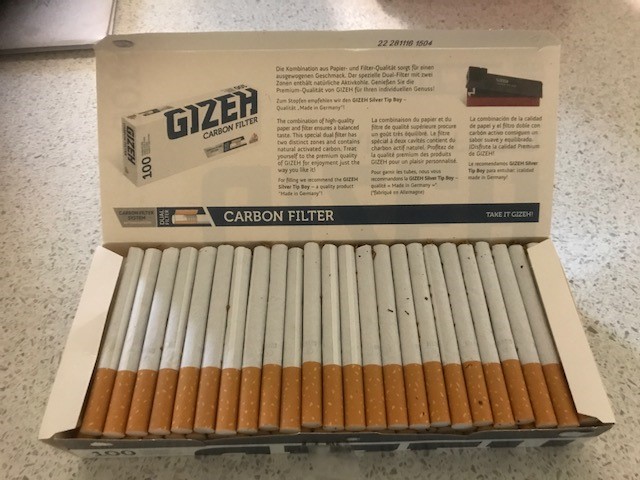
Tobacco suppliers have been denied the ability to impose restrictive sanctions on retailers or wholesalers suspected of selling illicit tobacco products.
The ACCC announced the joint proposal by British American Tobacco, Philip Morris and Imperial Tobacco would not be allowed to proceed on the basis that such an arrangement would give the tobacco companies a quasi-regulatory role inconsistent which could violate the World Health Organization Guidelines for Australia’s obligations relating to tobacco control.
The companies declared their disappointment in the decision, and jointly encouraged the Government to actively pursue action against illicit tobacco retailers by “adopting a national anti-illegal tobacco strategy to stiffen penalties, make it easier to prove violations, and clarify the roles and responsibilities of government agencies such as ATO, ABF, police forces and others who deal with this crime”.
“BATA, ITA and PML sought this application in order to try to reduce the sale of illegal tobacco in Australia, which at 13.9 per cent of all tobacco sold, costs the Government $1.6 billion in excise revenue each year,” a joint statement read.
“Australian tobacco control laws are entirely undermined by allowing criminals to operate in this space.”
“We would like to acknowledge retailers who overwhelmingly supported our application. Legitimate retailers should not be forced to compete with those operating outside the law.”

While the ACCC rejected the industry’s proposed action, it readily acknowledged that “illicit tobacco is a problem that undermines public health policies and diverts revenue from legitimate retailers and government”, and commented on the desirability of additional Government action to address it.
The tobacco companies argued that the proposed conduct would not only reduce retail sales of illicit tobacco in Australia, but would result in public benefits by increasing the collection of tobacco excise, reduce sales of tobacco without plain packaging, and reduce illicit competition for legal retailers.
The ACCC suggested that a new arrangement would be redundant, as individual companies already had the ability to cease sales to individual businesses.
“While any reduction in sales of illicit tobacco is welcome, the ACCC considers that the proposed conduct would have limited effectiveness,” ACCC chairman Rod Sims said.
“To the extent that ceasing supply is effective, these companies can already achieve much of this effect by doing this on an individual basis without any requirement for ACCC authorisation.”
It was noted that the three major tobacco companies in question control around 90 per cent of the Australian market.
“This kind of interaction between all of the major competitors raises competition concerns, especially in such a highly concentrated market,” ACCC chairman Rod Sims said.
“The ACCC doesn’t consider that there would be a net public benefit in giving the three dominant tobacco companies immunity for information sharing and joint boycotts of retailers.”
Vocal anti-chop-chop campaigner and Australasian Association of Convenience Stores CEO Jeff Rogut said proposals such this should be trialled before they are written off by industry regulators.
“We are disappointed by that as we believe all measures need to be trialed even if for a short time and then reviewed,” he said.
“No agency is taking responsibility on the ground for enforcing the laws that exist, and that is wrong.
“Responsible retailers of legal products come under all types of regulations, yet no one is policing illicit tobacco at ‘street level’.”
Mr Rogut recently revealed to P&C sector professionals on the AACS Study Tour that illicit product retailers were charging $30 for 100 cigarettes, witnessed with his own eyes in a Melbourne marketplace.
“There’s no taxes paid, they’re not in plain packs, and no-one has any idea of what is actually in the tobacco,” he said, after demonstrating how easily he was able to buy the illegal cigarettes “under the noses of the police”.
“Retailers can be fined $300,000 for selling product that’s not in plain packs – I am not aware of any such fines levied since the introduce the regulations in 2012,” he said.
“It’s time for regulators and politicians get their act together and to focus on crime, not take a soft approach as is happening currently on this matter, the ongoing problem of petrol theft, and so many issues that negatively affect our industry.”

